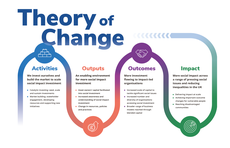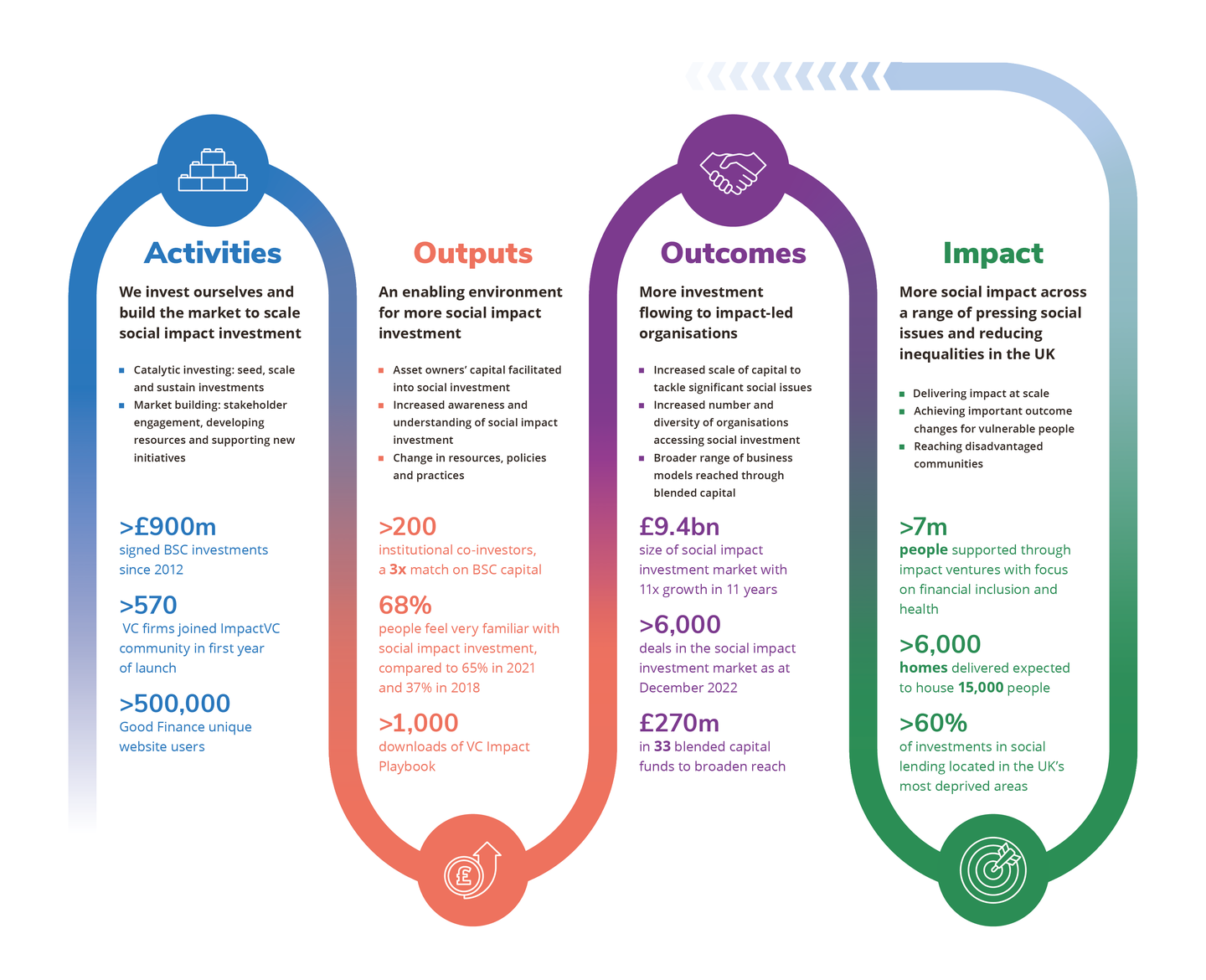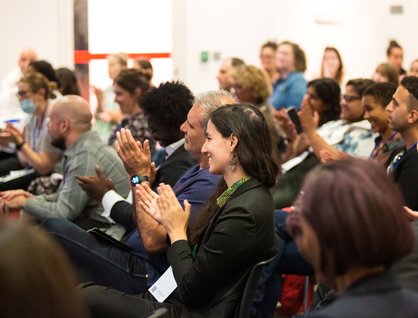Welcome to our impact report
The UK faces entrenched social issues that require targeted investment at scale.
Across the country people are struggling with the cost-of-living crisis and rising inflation. Housing is less affordable, the NHS is struggling to cope with huge demand, and as we strive to meet net zero our most vulnerable communities are at risk of being left behind. More than 100,000 households including 130,000 children live in temporary accommodation, the highest figure since records began.
Tackling the chronic shortage of social and affordable housing alone requires an estimated £16.9bn every year for the next ten years. To effectively respond to these social challenges at scale, the crowding in of targeted private investment, seeking impact alongside financial returns, is needed.

Report highlights
We continue to make significant progress in building a social impact investing market in the UK that delivers impact across several pressing social issues, with a focus on vulnerable people across the UK.
Helping grow the social impact investing market in the UK by 11x to date
We have seen consistent market growth over the years, despite a range of external challenges faced.
Channelling £2.6 billion across more than 200 co-investors to more than 3,500 enterprises across the UK
Such impact-led organisations are addressing pressing social issues, such as housing, employment, training, and education, health, and financial inclusion – and reaching into UK’s most disadvantaged areas.
Read more about our impact
Building a thriving social lending market
We are creating immediate solutions to the cost-of-living crisis through the establishment of the Energy Resilience Fund alongside building for the long term through our investments in blended capital, debt funds and social banks.
Read more about our work in social lending
Adding £140 million from institutional investors into BSC-backed social property investments
We see continued appetite for the sector from Local Government Pension Schemes targeting levelling up investments, despite a changing macroeconomic environment.
Read more about our work in social property
Launching a new ImpactVC community of 570 VC firms collectively managing more than £50 billion of assets
In impact venture, we seek to influence impact practice and build community. We launched the VC community platform, Impact VC, which now features more than 750 people and our VC Impact Playbook has been downloaded over 1,000 times.
Read more about our work in impact venture
Delivering £1.4 billion of public value through social outcomes contracts in the UK, equivalent to £10 for every £1 government spend
In Social Outcome Contracts (SOCs), we see increasing interest and support among key stakeholders such as Treasury and the NHS Confederation for SOCs, which to date have reached 55,000 vulnerable people across the UK.
Read more about our work in Social Outcomes Contracts
Aspiring to build a diverse and inclusive social impact investing market
Representing the diversity in the social investment market is key to success. Our portfolio outperforms industry (private equity and venture capital) averages on diverse representation; but significantly more work is needed by us and our partners to live up to our aspirations of building a diverse and inclusive social impact investing market in the UK.
Read more about our ESG and EDI initiatives
Our impact
We intend to grow the amount of money invested in tackling social issues and inequalities in the UK. Our Theory of Change illustrates how we intend to achieve such change, by building an enabling environment for more investment to flow to impact-led organisations
We are aware that building a market is anything but linear. Markets are complex, social systems are often hard to predict and constantly evolve and adapt. Nevertheless, given the increasing prominence of the Theory of Change model in impact investing in the UK, and existing levels of familiarity across different stakeholders, we use it to illustrate how our activities are meant to contribute to positive impact in the UK.
Case study
Influencing policy – mobilising additional dormant account funding
We work collaboratively with partners across the sector to make the case for social impact investment to government.
BSC's Theory of Change
We have been articulating our market-building and impact intentions along a Theory of Change since 2015. While the complexity of our work and understanding of the market have increased since then, we have tried to keep simplifying our Theory of Change, to use it as an internal and external engagement and communication tool.

Case study
Good Finance - enabling charities and social enterprises to navigate social investment
A collaborative project to help improve access to information on social impact investment for charities and social enterprises.

